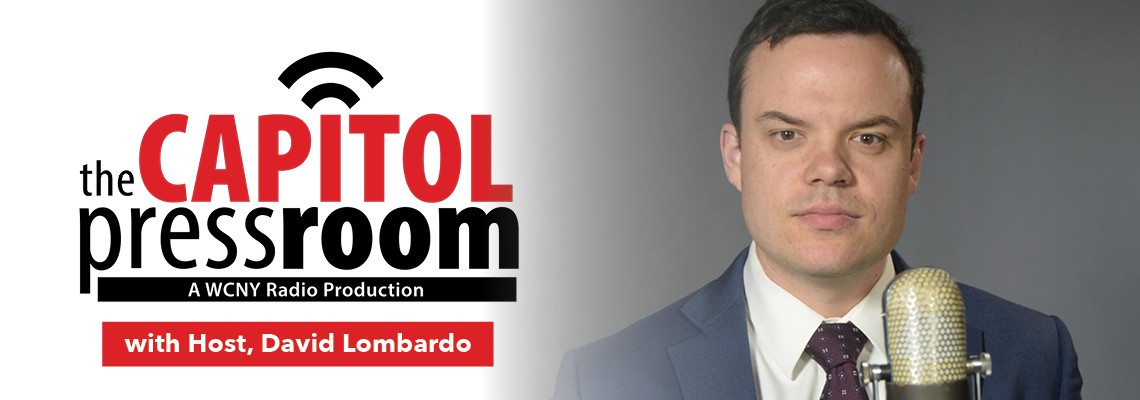The Buffalo Diocese was still considering seeking bankruptcy protection Thursday after the neighboring Rochester Diocese took that route to deal with a landslide of lawsuits over its handling of clergy sexual abuse of children.
The Rochester Diocese became the first Catholic diocese in the state to file for Chapter 11 bankruptcy protection.
Nineteen of the 20 largest unsecured claims it listed in the court papers filed in U.S. Bankruptcy Court were lawsuits brought against the Rochester Diocese under the Child Victims Act.
While the Buffalo Diocese already faces three times as many lawsuits as the Rochester Diocese, it has fewer net assets than its neighbor to the east, according to financial statements of both dioceses.
Buffalo Bishop Richard J. Malone said last week that he felt like he was “at a crossroads” over whether to file for Chapter 11 reorganization or to litigate cases filed under the Child Victims Act.
“This was very predictable and, really, expected,” said attorney Michael T. Pfau of Seattle-based law firm Pfau Cochran Vertetis Amala.
Pfau called bankruptcy a “legal tactic” used by dioceses “to avoid jury trials, to avoid having their secret archives exposed and their priests being deposed.”
Pfau’s firm represents several plaintiffs in cases against the Rochester and Buffalo dioceses.
Child Victims Act cases against the Rochester Diocese now will be put on hold in state court and likely transferred into U.S. bankruptcy court for adjudication. The bankruptcy court will set a date by which all claims against the Rochester Diocese must be filed – and that date could be sooner than the close of the Child Victims Act window in August 2020, Pfau said.
The court will establish a creditors committee that includes abuse survivors to represent the interests of all claimants in developing a distribution plan.
“Theoretically, they could be tried in federal district court, but what has happened in the 18 [previous diocese bankruptcy] cases is very few cases have been tried and the cases usually are resolved through a negotiated settlement and claims distribution process,” Pfau said.
The bankruptcy filing will put the Rochester Diocese’s finances under a microscope and likely will set off a major clash over what assets are available for settlements.
“They’ll have to open up their books. Their finances will be public and that’s something the Catholic Church doesn’t like to do,” Pfau said. “We will aggressively pursue all avenues of recovery. We will leave no stone unturned in determining what assets are available to make the abuse survivors whole.”




Leave a Reply